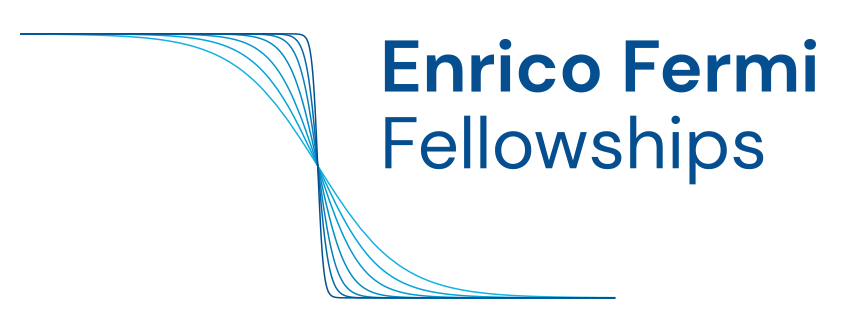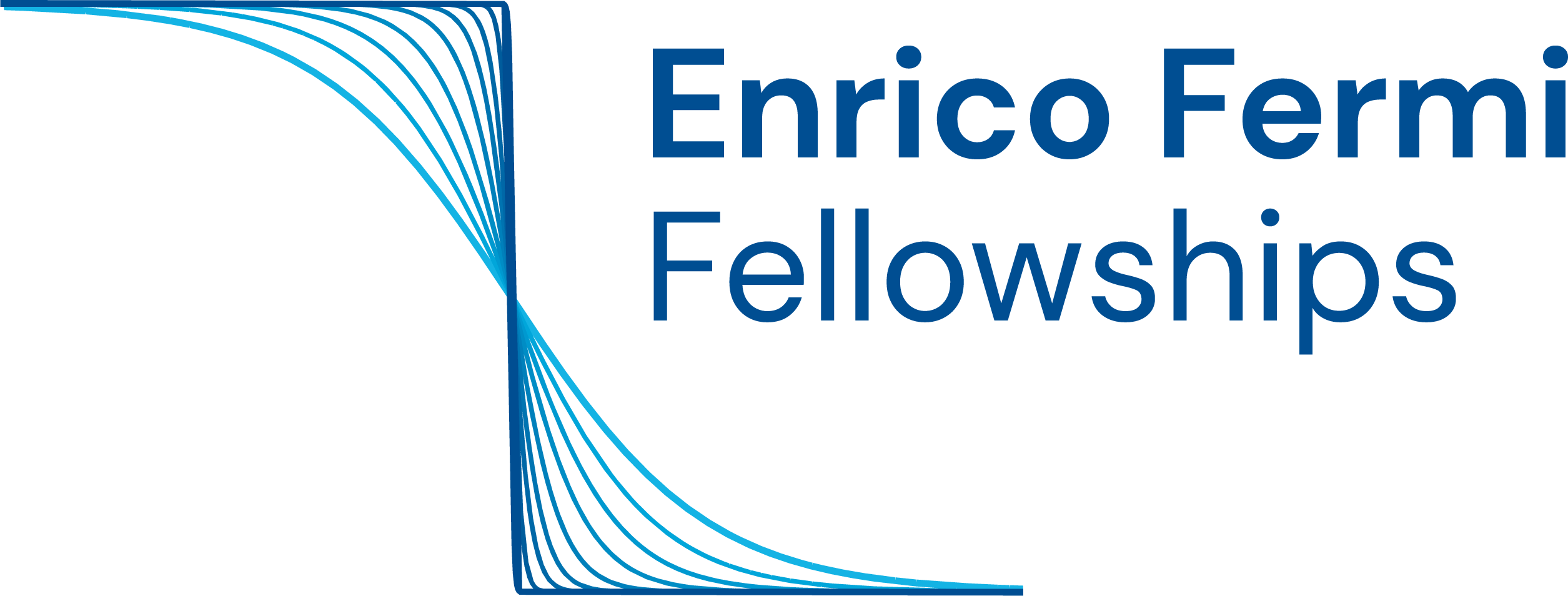The call for applications for the second cohort of Enrico Fermi Fellowships will open soon! The next deadline is October 19, 2025, at 11:59 PM Marseille time (GMT+2).
Applicants must complete the dedicated form. Be sure to submit a complete application and visit our FAQ page or contact us for clarifications about the application process.
The proposed starting date of the fellowship must be between April 2026 and January 2027. Please note that finalizing the agreement with your institution and activating the fellowship may take a few months. Consider this when selecting a starting date. The duration is expected to be less than two years, but we will exceptionally consider longer projects.
In the first cohort we funded 11 projects. We expect to award again between 5 and 10 fellowships, depending on budget availability. Awards will not be disbursed to the fellow directly but to the institution where the student is employed or otherwise legally affiliated.
Before applying, please read the EFF terms and conditions page and the budget section below.



